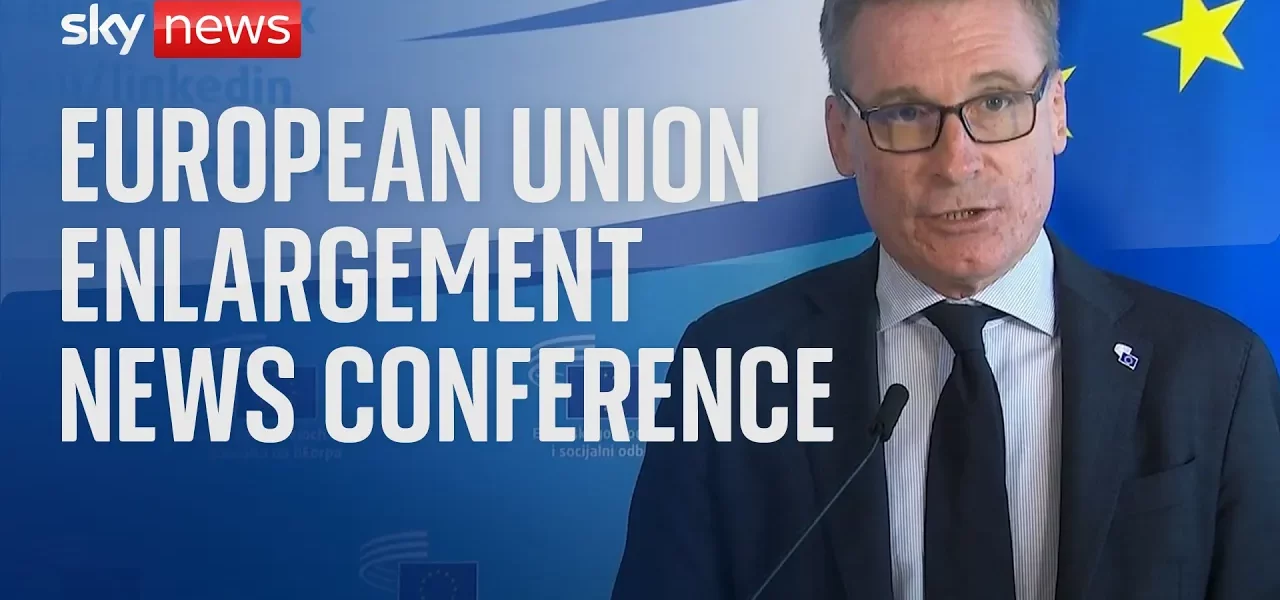Albania’s Path to European Union Accession: Engaging Civil Society and Key Stakeholders

This article explores the ongoing efforts of Albania towards European Union membership, emphasizing the importance of civil society involvement and the establishment of the Joint Consultative Committee to support the accession process.
Introduction
The journey of Albania towards European Union (EU) membership is a complex and multifaceted process that involves various societal actors and governmental bodies. Recent discussions highlight the critical role of civil society organizations and the establishment of a Joint Consultative Committee (JCC) to facilitate meaningful dialogue and cooperation. This article delves into the significance of these initiatives, the support from EU officials, and the collective aspirations for a brighter future within the European framework.
Importance of Civil Society in the Accession Process
The engagement of civil society is pivotal in ensuring that the accession process is inclusive and representative of the entire Albanian populace. Civil society organizations play a crucial role in:
- Facilitating dialogue between the government and citizens.
- Advocating for transparency and accountability in the accession process.
- Providing feedback and insights on key initiatives and reforms.
Through regular consultations with these organizations, the Albanian government aims to foster a collaborative environment that reflects the needs and aspirations of its citizens.
The Role of the Joint Consultative Committee (JCC)
The establishment of the Joint Consultative Committee marks a significant milestone in Albania’s EU integration efforts. This body is designed to:
- Enhance cooperation between Albanian civil society and EU institutions.
- Monitor the progress of the accession process.
- Provide recommendations based on civil society input.
Objectives of the JCC
The JCC aims to consolidate the efforts of various stakeholders in the following ways:
- Encouraging active participation from civil society in policy-making.
- Ensuring that the accession process remains merit-based and transparent.
- Facilitating ongoing dialogue between candidate countries and EU institutions.
As Prime Minister Rama emphasizes, the establishment of this committee is not merely an administrative step but a vital component in the broader goal of integrating Albania into the European framework.
Support from EU Leaders
The support from EU officials, including President von der Leyen, has been instrumental in advancing Albania’s accession agenda. This backing includes:
- Financial support for civil society initiatives.
- Technical assistance to facilitate reforms.
- Encouragement for a gradual and structured integration process.
EU leaders have reiterated their commitment to ensuring that the accession process is not only feasible but also beneficial for both Albania and the EU.
Challenges and Opportunities Ahead
While the path to EU membership is laden with challenges, Albania is poised to seize opportunities that arise from this transformative journey. Key challenges include:
- Meeting the stringent requirements set by the EU.
- Ensuring political stability and societal cohesion.
- Addressing public skepticism regarding the benefits of EU membership.
Conversely, the opportunities presented by potential EU membership are vast:
- Access to a larger market and enhanced economic prospects.
- Increased investment in national infrastructure and public services.
- Strengthened democratic institutions and governance practices.
Conclusion
In summary, Albania’s journey toward EU membership is a collective endeavor that requires the involvement of all societal actors, particularly civil society organizations. The establishment of the Joint Consultative Committee signifies a proactive approach to engaging stakeholders and ensuring that the accession process is transparent and inclusive. As Albania continues to navigate this complex journey, it is essential to maintain momentum and uphold the aspirations of its citizens. For those interested in following the developments in Albania’s accession to the EU, we invite you to read our related articles on EU enlargement and civil society engagement.
Call to Action: Stay informed about Albania’s progress towards EU membership and engage with civil society initiatives that promote democratic values and transparency. Together, we can support the country’s aspirations for a brighter European future.
“`




